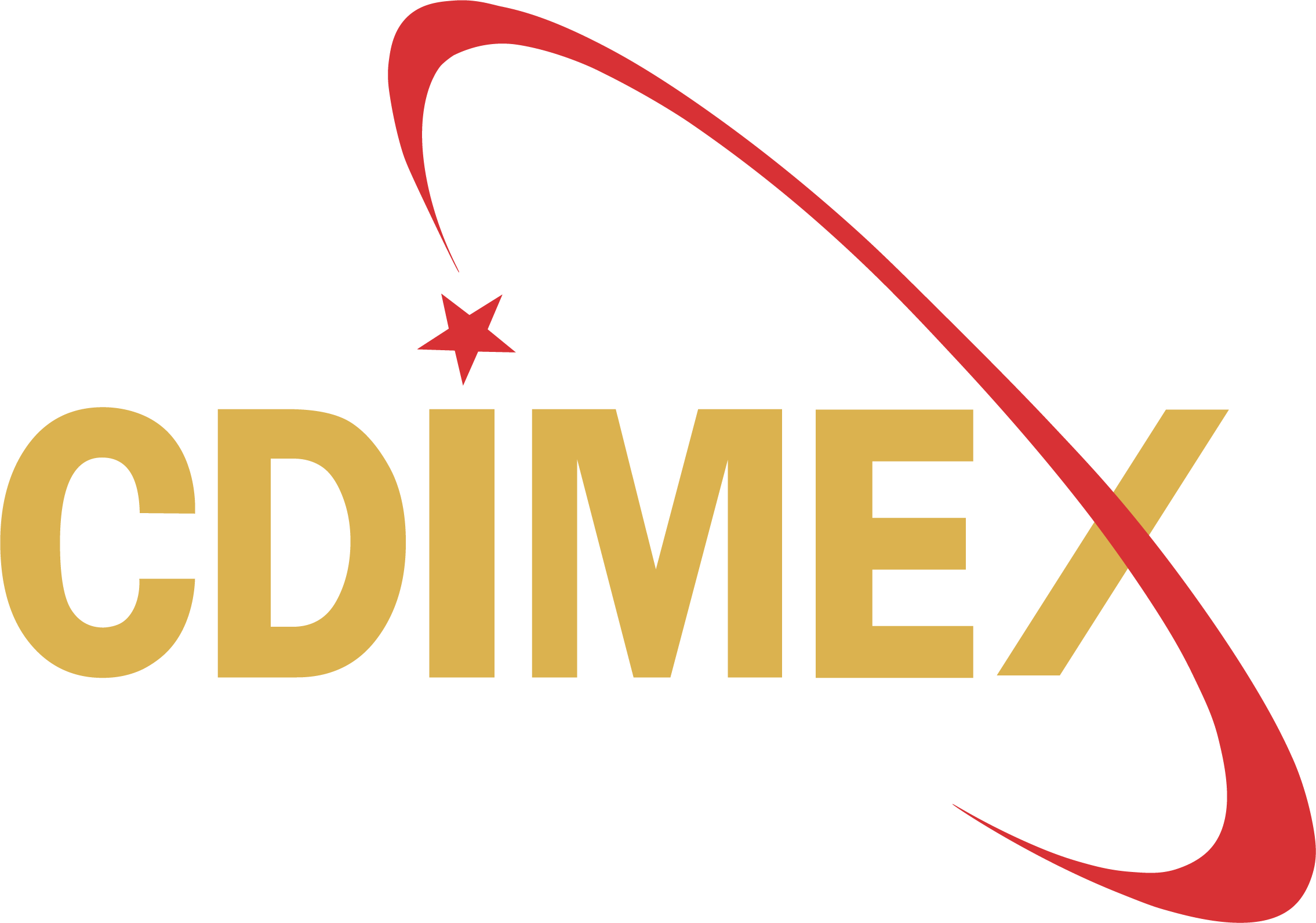History of Formation
Cultural Development and Import-Export Joint Stock Company (CDIMEX) is a state-owned enterprise, established on December 31, 1996, by Decision No. 3838/QĐ/TC of the Ministry of Culture and Information, through the merger of three companies: the Cultural Material Import-Export Company (Covatimex), the Lotus Cultural Import-Export Company (Culturimex), and the Cultural Investment and Development Company (C*DIC). In June 2010, based on Decision No. 2296/QĐ-BVHTTDL, the company was converted into a one-member limited liability company under the name Cultural Development and Import-Export Joint Stock Company (CDIMEX).
In line with the Government’s general roadmap for converting state-owned enterprises into joint-stock companies, on April 15, 2015, the company officially became the Cultural Development and Import-Export Joint Stock Company (CDIMEX).
With over 20 years of experience in importing and exporting foreign language books, CDIMEX takes pride in its team of knowledgeable, dynamic, and creative experts, officers, and staff, all of whom possess extensive experience.
CDIMEX is also proud to be one of the leading companies in the field of foreign language book trading, with key titles including university textbooks, language learning books, books for international schools, dictionaries, and novels. To date, CDIMEX has successfully built a large market for distributing books, newspapers, and cultural products and services both domestically and internationally. It has also become a key partner for many publishers around the world.
With the motto “Creating long-term sustainability with customers,” CDIMEX has established a comprehensive system of standards for processes, quality, human resources, and problem-solving. Over time, CDIMEX has gradually enhanced its brand value and continuously strives to develop in order to deliver the best products to its customers.
CDIMEX Ecosystem
The CDIMEX ecosystem is built on three important elements: Market Access, Supply Chain, and Human Resources. To develop and nurture the CDIMEX ecosystem, it is essential to maintain and closely coordinate these three elements.
Market Access: In recent years, CDIMEX has continuously invested in and developed its strengths, focusing on promoting key products and building market access strategies by targeting and selecting sustainable and potential customers. Additionally, understanding market demands and keeping up with trends are fundamental and play a key role in the company’s overall direction.
Supply Chain: With the goal of becoming a leading foreign language book retailer, CDIMEX has successfully established a robust supply chain system. This supply chain model focuses on building a solid foundation and standardizing supply activities through effective management solutions. Strengthening sustainable relationships with suppliers and managing inventory are two crucial factors contributing to the company’s success. Operating costs are minimized, bringing significant benefits to customers, while ensuring that products reaching consumers are of high quality and reasonably priced.
Human Resources: In its human resources development strategy, CDIMEX places particular emphasis on strengthening and developing its team of managers and executives. Over the past few years, the quality of the management team has significantly improved, with all positions meeting the requirements of job standards, possessing high professional qualifications, and extensive experience. With enhanced training activities, the company’s staff is now highly skilled, meeting the needs of current and future work requirements.
Company’s Areas of Operation:
Import-Export and Trading:
- Books, newspapers, magazines, publications, and scientific, technical, and cultural materials for institutes, universities, and domestic libraries.
- Office equipment, cultural products, stationery, interior decoration materials, and other consumer goods.
- Tourist gift products such as suitcases, bags, and other travel gifts.
- Materials, equipment, and raw materials for production.
- Buying, selling, and leasing office spaces.
- Equipment, materials, and goods for the cultural sector, including musical instruments, sound and lighting equipment for performances, conferences, and studios. Statues, wooden items, handicrafts, audio programs, motion picture programs, publications, and advertising products.
- Printing industry equipment and printed materials on various materials.
- Construction and implementation of acoustic treatments (soundproofing, sound absorption) for studios, theaters, conference rooms, and interior finishing works.
- Other cultural products as regulated by law.
Services:
- Investment consulting and fundraising for cultural construction projects.
- Investment in building Cultural Centers and entertainment areas.
- Advertising and publishing distribution.
- Organizing professional music performances.
- Music cafes, fashion shows, karaoke performances.
